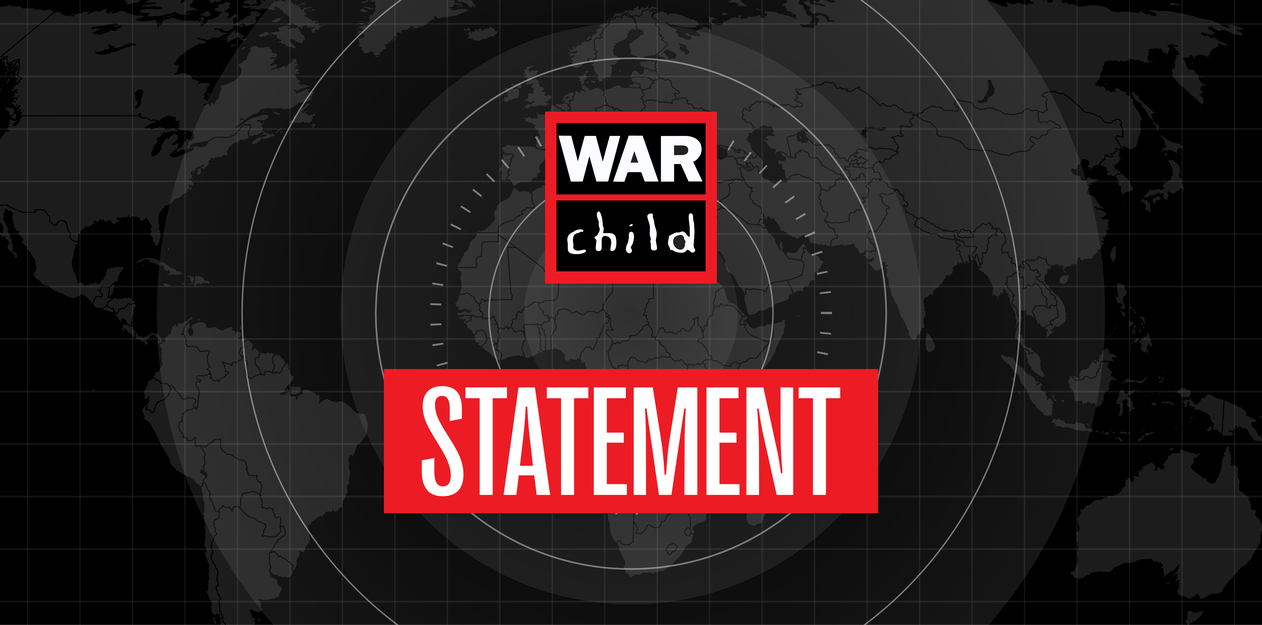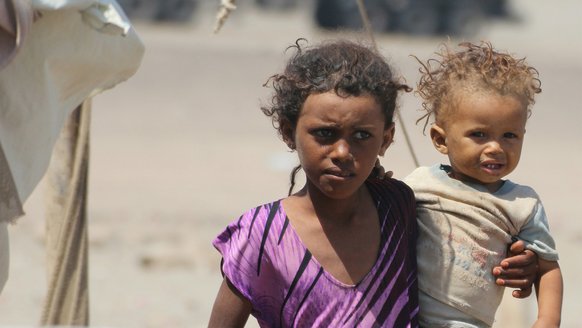Yemen on the Brink: Humanitarian Organisations Call for Immediate Action at 7th Senior Officials Meeting
May 20, 2025
Yemen

On the eve of the seventh Senior Officials Meeting, we reflect with deep concern on how significantly the situation in Yemen has deteriorated since the sixth meeting. Amid ongoing funding cuts, the country now faces a growing and increasingly complex set of interrelated challenges that have intensified further since early 2025, severely impeding humanitarian and development efforts and making it harder than ever to reach millions in urgent need. As frontline actors committed to serving those in need, we remain ready to deliver life-saving assistance, made possible through the generosity of our donors. In 2024, our collective efforts reached more than eight million people across Yemen.
Since early 2025, many critical projects have been terminated, cutting off vital provision of essential relief items, health services and facilities, including hospitals, vaccination programmes and centres particularly vital for women and girls. As a result, both lifesaving and longer-term support have become inaccessible to large segments of the population in need. Failure to provide alternatives to fill these gaps will only worsen the already dire situation, and restoring essential interventions will become significantly more complex and costly over time.
We appeal to the international community to act now and take coordinated action to avert irreversible harm to millions of lives across Yemen. We further urge donors to uphold a principled and impartial approach, ensuring funding is allocated solely based on the most critical needs, wherever they exist across the country.
Today, we continue to face a myriad of challenges in reaching those most in need. In recent months, people in Yemen have witnessed the destruction of civilian infrastructure across numerous locations, through military airstrikes, in a country already burdened by severely weakened systems and services. The devastating impact on civilians, including the casualties and fatalities, must be acknowledged. Targeting essential infrastructure not only deepens economic and psychological hardship but also hinders humanitarian workers’ ability to reach the most vulnerable with life-saving assistance.
Humanitarian personnel, committed and dedicated to implementing projects funded by donors, face risks and threats to their safety and security in the course of their work. As we approach 6 June, a significant number of staff across the UN, international NGOs and civil society organisations remain in detention, for nearly a year, raising serious and growing concerns for their safety and well-being.
We urge all parties to uphold international humanitarian law, protect civilians, and refrain from targeting civilian infrastructure. We further call on Member States to give urgent attention to the current and anticipated humanitarian consequences of escalating conflict, and to reinforce their calls for the protection of civilian infrastructure.
We appeal to the relevant authorities to safeguard the ability of humanitarian aid workers to conduct the work they are committed to and to ensure the immediate and unconditional release of those detained, enabling their safe return to their families and daily lives.
We further call on key regional and international States and partners with influence, to support all efforts aimed at securing the release of detained humanitarian workers and ensure protection of humanitarian space.
Extensive sanctions regimes and a complex web of restrictive measures in northern Yemen continue to impede our ability to deliver essential services to the most vulnerable. These barriers include difficulties in transferring funds, limited access to banking channels, challenges in procuring goods, and restrictions on commercial imports. The cumulative effect of these measures impacts the entire country and threatens to critically disrupt the supply of fuel, medication, healthcare equipment, food, and other vital humanitarian aid, as well as essential infrastructure and services.
We urgently call on the international community to support the establishment of comprehensive humanitarian carveouts, vital to guaranteeing that aid reaches those most in need and to safeguard the core principles of humanitarian action and preserve humanitarian space.
Protection needs and suffering of people in Yemen have deepened in recent months, while the capacity to respond declines. Over two million people are affected, with women and girls facing disproportionate risks. Without urgent support, millions of women and girls will lose access to essential services that protect them from violence and help mitigate the growing risks of mental health deterioration, including depression, self-harm and suicide. There is an increasing prevalence of child marriage, human trafficking, begging and child labour. Protection must not be treated as an afterthought but as an essential element of every humanitarian and development effort.
We call on all Member States attending the Senior Officials Meeting to ensure that age, gender and disability responsive protection remains central to the collective response. When protection is overlooked, the cost is borne by those with the least power to recover.
Funding cuts are disproportionately impacting Yemeni CSOs, especially women-led and women’s rights organisations (WLOs and WROs), with many facing closures. The time has come for the humanitarian and donor communities to wholeheartedly support national and local NGOs, including WLO and WROs’ leadership and their direct, safe and meaningful participation of local and national responses.
We call upon donors to increase direct and flexible funding to local actors who are often first to respond and best placed to deliver. Where intermediaries are needed, support should reinforce, not replace, local leadership, with clear investment in collaboration, accountability, capacity and risk sharing.
Today, the stakes could not be higher. The international community must act decisively to prevent further suffering and irreversible harm. As the suffering of people in Yemen deepens, so must our resolve to act, immediately and with full alignment with the humanitarian principles we collectively uphold. We must restore hope to the people of Yemen. We cannot leave a population in critical need behind.
Signed by:
- ACTED
- Accept International
- Action Contre la Faim (ACF)
- Action for Humanity International
- CARE International
- Center For Civilians In Conflict (CIVIC)
- Concern Worldwide
- Danish Refugee Council (DRC)
- Dorcas Yemen
- Geneva Call
- Humanity & Inclusion
- International NGO Safety Organisation (INSO)
- INTERSOS
- Islamic Relief Yemen (IRY)
- Médecins du Monde (MdM)
- Mehad
- MERCY CORPS
- Norwegian Refugee Council (NRC)
- Oxfam
- Premiere Urgence Internationale (PUI)
- Relief International (RI)
- Saferworld
- Save the Children International (SCI)
- Secours Islamique France (SIF)
- Solidarités International (SI)
- Triangle Generation Humanitaire (TGH)
- Vision Hope International (VHI)
- War Child Alliance
- ZOA
